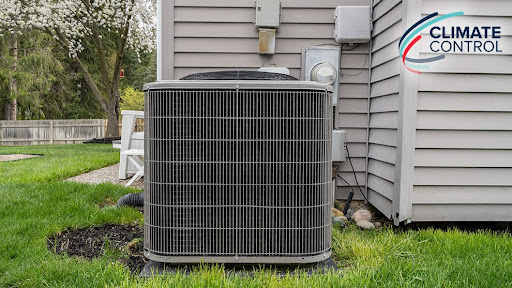If you’re looking for the right hydronic boiler to keep you warm this winter in our alpine climate, you likely already know why they make such great heat systems. If you want to install such a system in your home, the first decision to make is which hydronic boiler is right for your home. Here are some helpful guidelines and suggestions:
First, the high-altitude parts of our region have cold and snowy winters. The hydronic boiler industry now heavily promotes boilers that operate with as little water as possible (low-mass heaters) and while these are more efficient, they are not good for climates that receive a significant amount of snow. So the first important criteria is that your boiler be “high mass.”
The next way to narrow the options is to choose a fuel type. Hydronic boilers comes in a range of fuel options: oil, gas, electric and solar, along with biomass (wood or another organic material to burn). Should you want to utilize more than one of these fuel sources, hybrid boilers also are available. Because firewood and natural gas are readily available in our region, these two fuel types are good options. For a list of environmentally clean biomass hydronic boilers, the federal EPA can help you. The list can be sorted by a number of helpful criteria, and each boiler listed is linked to its company’s page.
Once you know what type of fuel you want to use in your hydronic boiler, the process of choosing a particular boiler is much easier.
For further insight on the best hydronic boilers for the Aspen-Vail area’s alpine winter climate, please contact us at Climate Control Company. We’ve been serving western Colorado since 1956.
Our goal is to help educate our customers in Aspen, Vail and the surrounding Western slope communities in Colorado about energy and home comfort issues (specific to HVAC systems). For more information about programmable thermostats and other HVAC topics, please visit our website.
Image courtesy of Shutterstock






